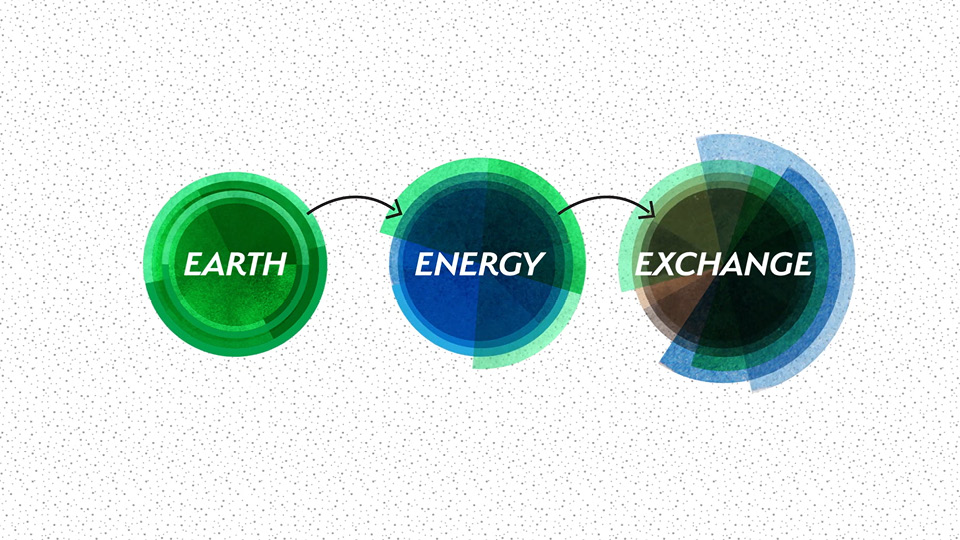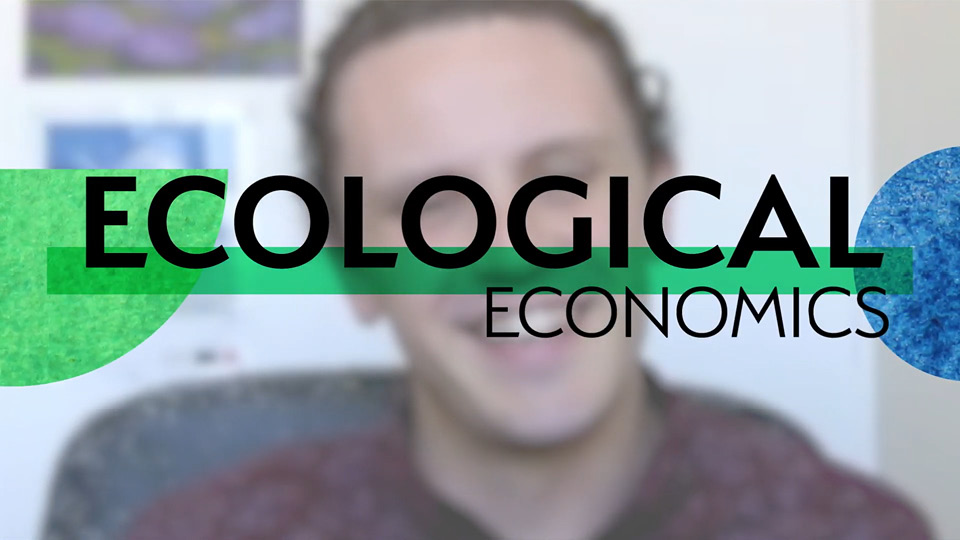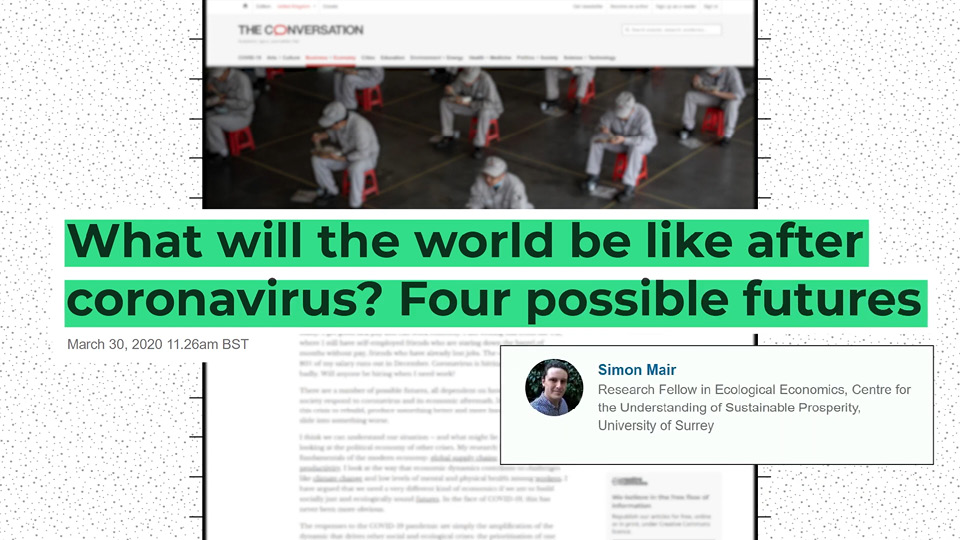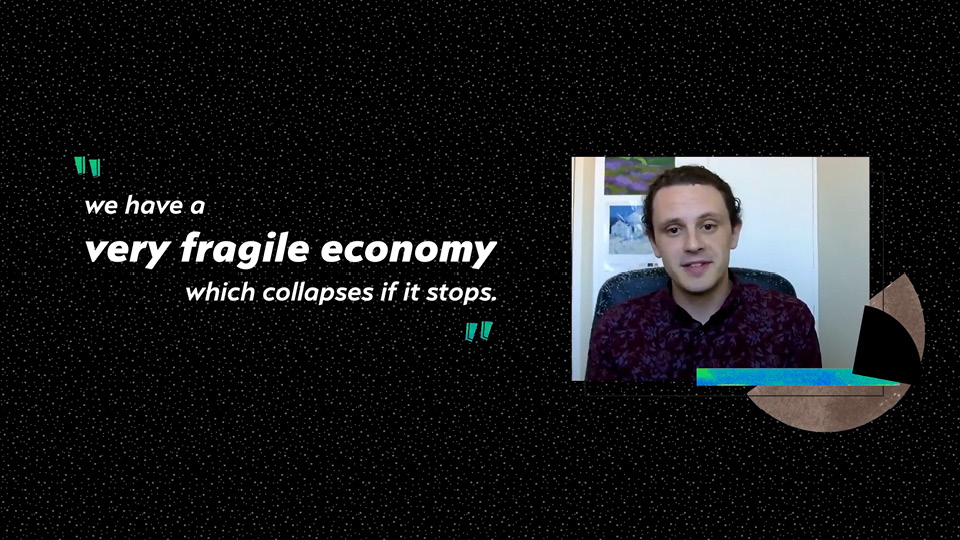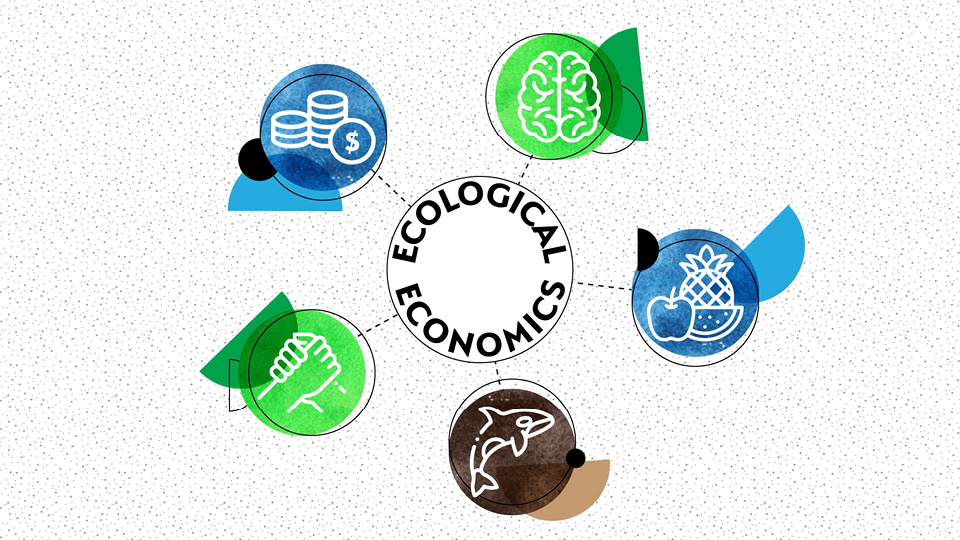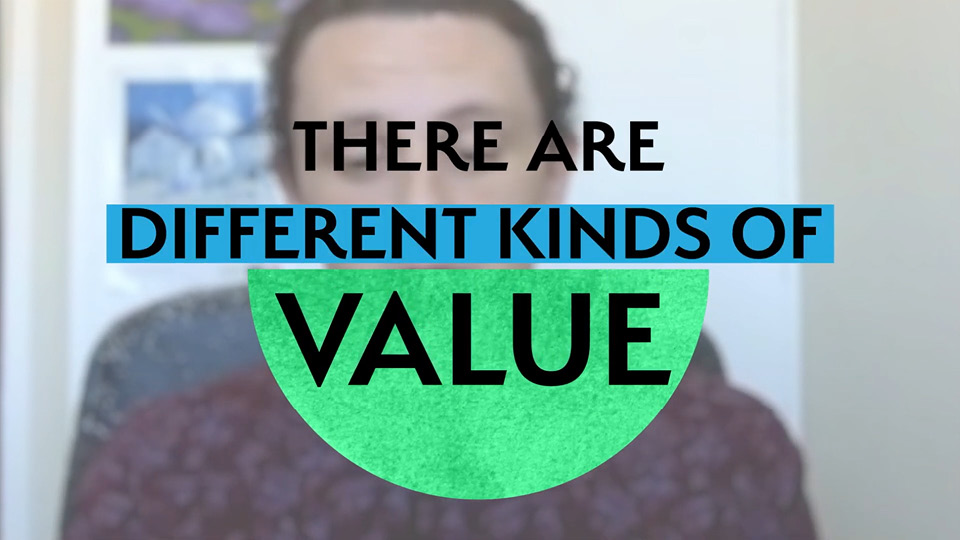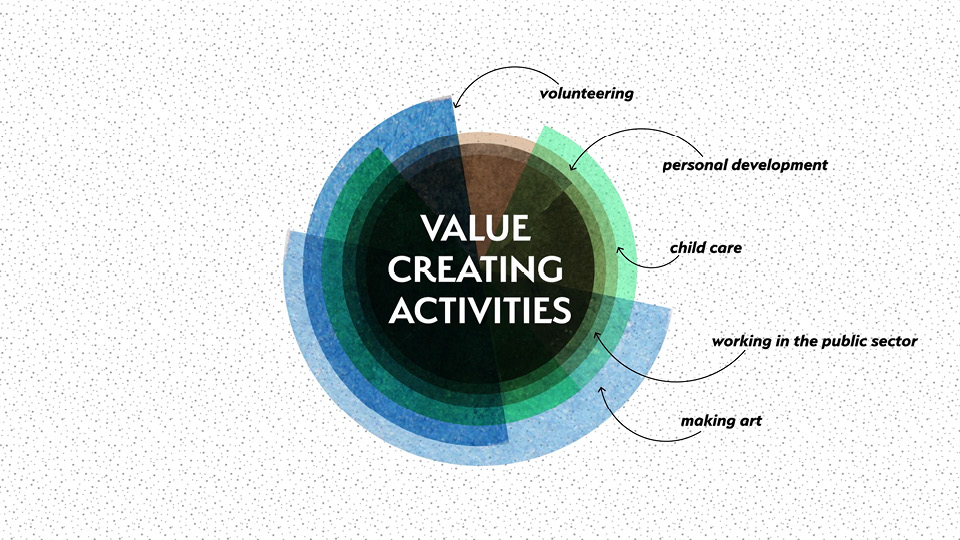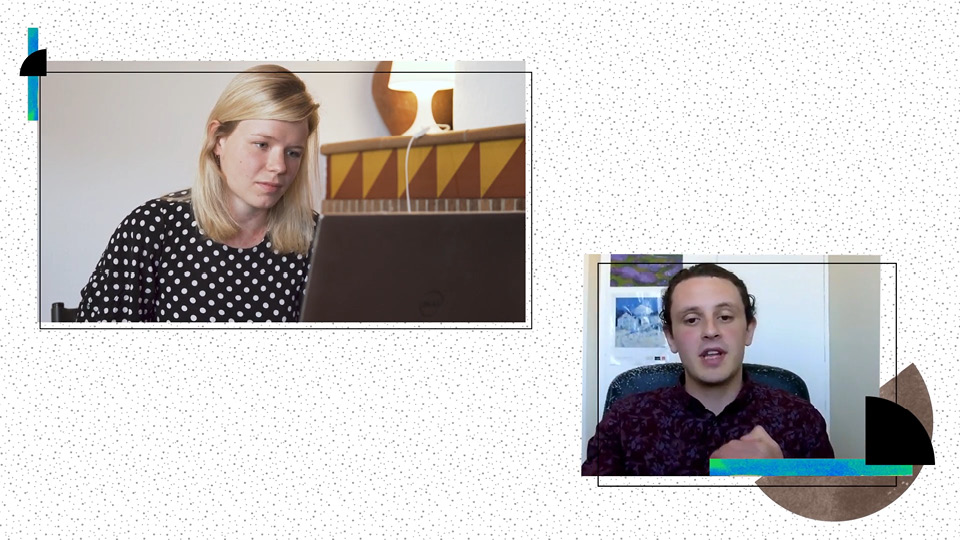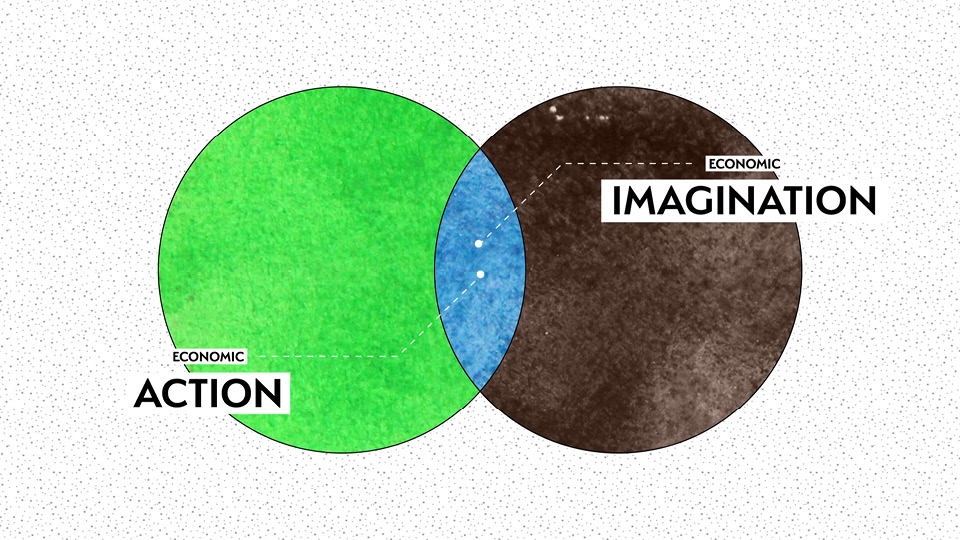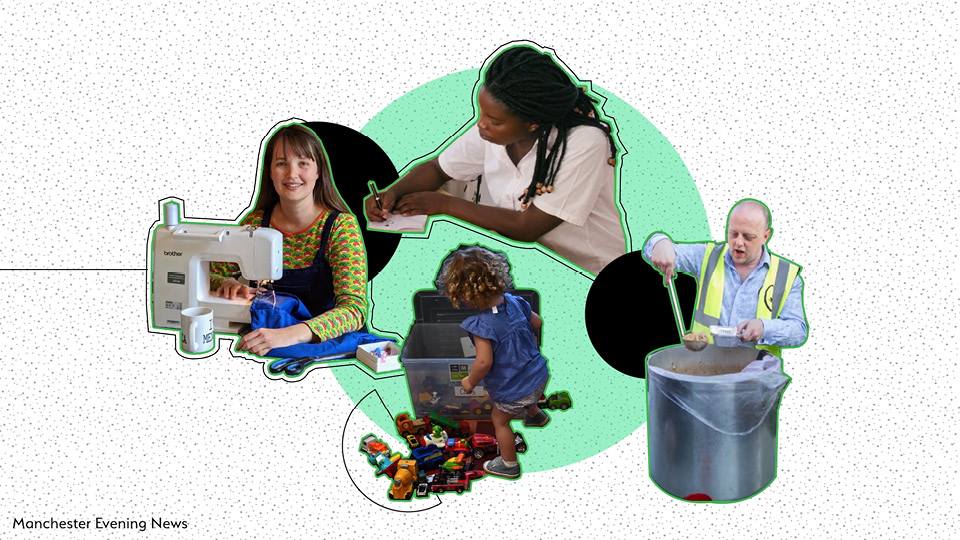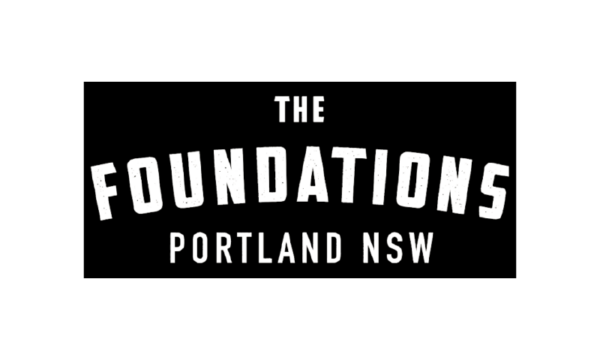Ecological Economics
Questions about growth, value and economic futures with Simon Mair
The concept
Although we never studied economics, over the years we’ve become increasingly interested in it, what we choose to value, and how we distribute resources. We were big fans of Kate Raworth’s ‘Doughnut Economics’, a book which planted the seed for this video. A year after reading Kate’s book, we stumbled across Simon Mair’s article ‘What Will The World Be Like After Coronavirus?’. Simon’s an Ecological Economist, and is a research fellow at Uni of Surrey and a Lecturer at the Uni of Bradford. Perhaps in a moment of blind faith, we decided to reach out to Simon and ask if he’d like to do an interview, which Broaden would then turn into a short video.
The process
Determined to get the message out about alternative economic futures, we used animation to share this video’s message:
- Interview with Simon: We recorded an open-ended conversation with economist Simon Mair over Skype
- Narrative and structure: We took what was a 90 minute conversation and distilled it into a series of key messages told through a voiceover
- Graphic design: Each key message was communicated through a graphically simple image or slide
- Animation: We brought the slides to life through carefully-considered animation and motion graphics
The outcome
Since its release in March 2021, the Ecological Economics video has amassed almost 1000 views and sparked conversations about what more just economic futures could look like. Support for the video has come from the Doughnut Economics Action Lab, the Wellbeing Economy Alliance, the Centre for Understanding Sustainable Prosperity and it continues to be shared on social media platforms as a tool for unpacking the economy how it could be more resilient and equitable.
“Watch this hugely informative video sharing the threat of our current economic system in the face of Covid-19. Another glaring call to move beyond GDP.”
Wellbeing Economy Alliance
About the project
Questions about growth, value and equitable futures with economist Simon Mair.


